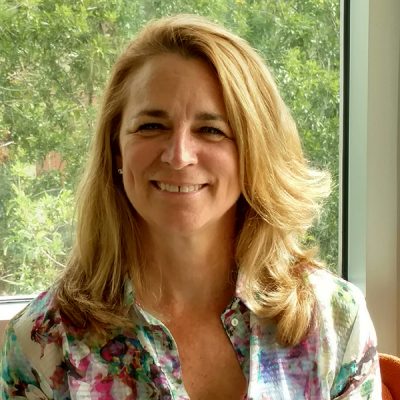

Heat in Arizona has long impacted the way people across the state live, work, and build their communities. Perhaps one of the most noticeable effects of climate change that we feel today is the sharply rising temperature in our cities. Climate change affects everyone, but not always in equal measure. Some neighborhoods experience urban heat differently from others. What is the difference and why does it happen? Which communities are most at risk? What can we do to reduce the effects of urban heat? Join us for an interactive discussion about climate equity, urban heat, and potential solutions, told through the stories of our communities with Dr. Melissa Guardaro.
This program is part of the Climate Conversations series hosted by Arizona Humanities. The series is made possible by funding from the National Endowment for the Humanities.
[gdlr_button href=”https://us02web.zoom.us/meeting/register/tZEuduispjMoHtwgwGoBlF8AtR3gB18Zp4dU” target=”_self” size=”medium” background=”#000000″ color=”#ae4527“]Register Here to Attend Virtually[/gdlr_button]
Melissa Guardaro is Assistant Research Professor in the Julie Ann Wrigley Global Institute of Sustainability at Arizona State University. Her research focuses on adaptability, equity, vulnerability, and urban policy to mitigate and adapt to extreme heat and urban heat island effects. She has partnered with The Nature Conservancy, the Maricopa County Health Department, and community-based organizations to create neighborhood heat solutions that improve public health. In her work, Dr. Guardaro weaves together storytelling and human experiences with data-driven research. The people that live and work in urban heat zones are an important part of the conversation about community-based solutions and public health.